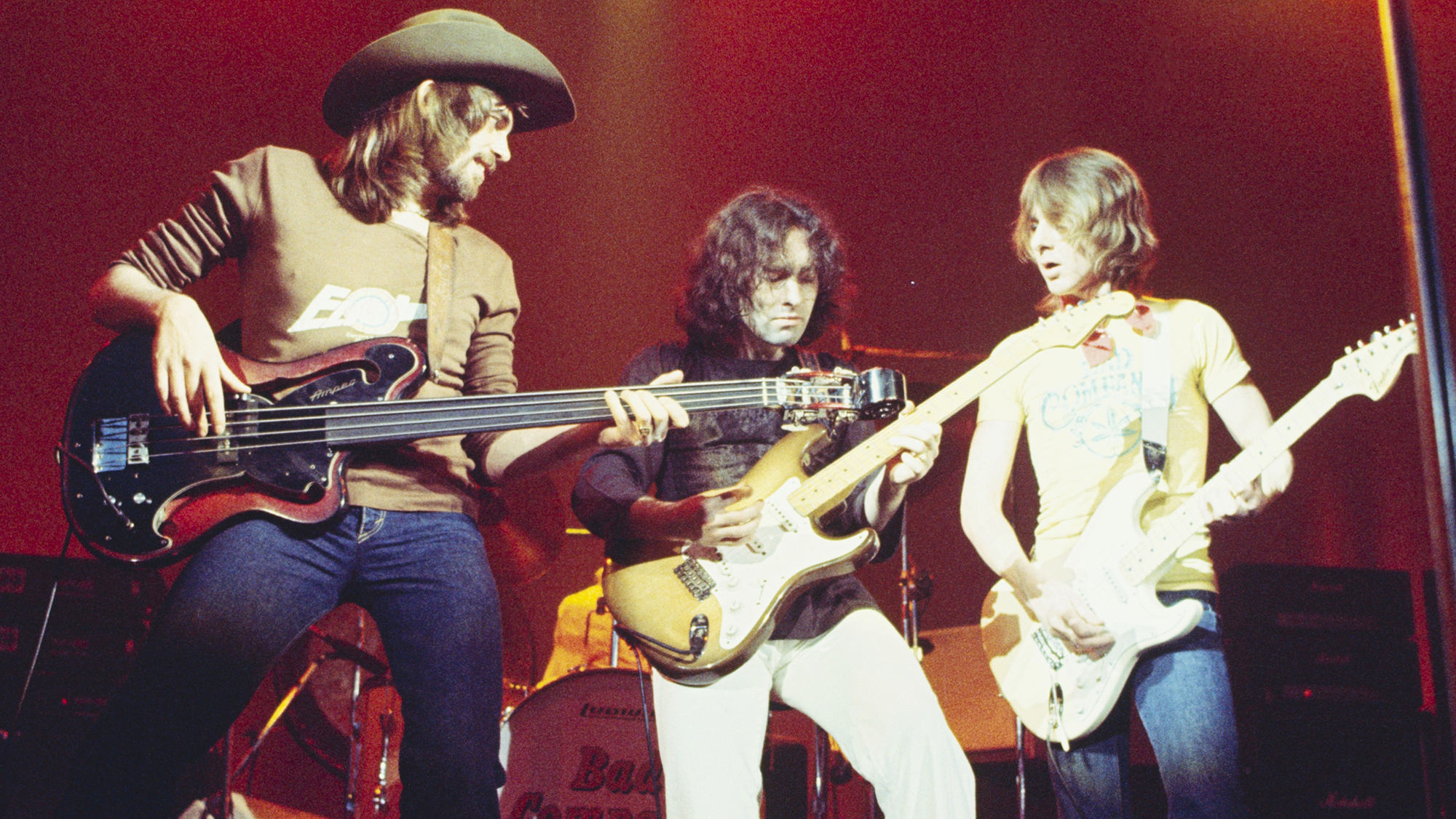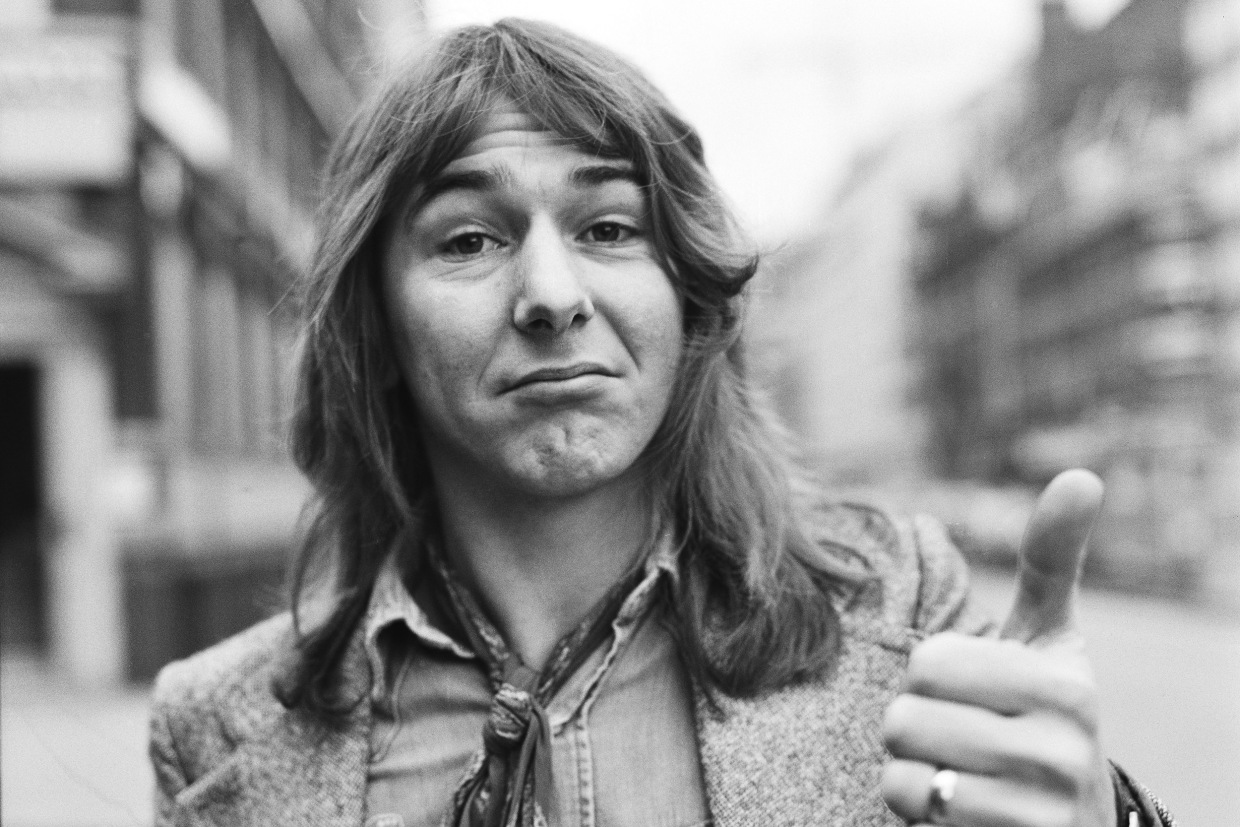Acclaimed actor Mark Harmon has expressed his respect and condolences following the passing of Mick Ralphs, the renowned guitarist best known for his work with Mott the Hoople and Bad Company. Harmon, celebrated for his longtime role on the television series NCIS, shared a heartfelt message recognizing Ralphs’ enduring contribution to the music world.
In a public tribute, Harmon highlighted Ralphs’ status as a rock icon whose songwriting and guitar work defined an era and influenced generations of musicians. He emphasized Ralphs’ lasting impact on fans worldwide, praising his musical artistry and the legacy of his recordings.

Mick Ralphs: A Career Defined by Innovation and Iconic Performances
Michael Geoffrey Ralphs was born on March 31, 1944, in Herefordshire, England. He began his career in the late 1960s, initially playing with the blues-rock group The Buddies and then forming the band Mott the Hoople in 1969. With Mott the Hoople, Ralphs helped craft a signature sound that blended glam rock energy with introspective songwriting.
Among Mott the Hoople’s most enduring hits is All the Young Dudes, a track written by David Bowie and released in 1972. Though Bowie wrote the song, Ralphs’ guitar work and the band’s performance style were essential to its success. The song became an anthem of the early 1970s glam rock movement.

Founding Bad Company
In 1973, Ralphs left Mott the Hoople to co-found Bad Company with singer Paul Rodgers, drummer Simon Kirke (both former members of Free), and bassist Boz Burrell of King Crimson. Bad Company became one of the first bands signed to Led Zeppelin’s Swan Song Records, marking the beginning of a successful partnership.
Bad Company’s 1974 self-titled debut album included classic tracks such as Can’t Get Enough and Bad Company. Ralphs was the primary writer of Can’t Get Enough, which became a Top 10 hit in the United States and remains a staple of classic rock radio. His distinctive riff-driven style and minimalist, powerful solos defined the band’s sound and influenced countless rock guitarists.

Success and Global Recognition
Bad Company enjoyed widespread success throughout the 1970s, releasing multiple platinum albums and touring internationally. Their early albums—including Straight Shooter (1975) and Run with the Pack (1976)—solidified their reputation for tight musicianship, strong songwriting, and compelling live shows. Ralphs’ songwriting and guitar work were central to these achievements, helping Bad Company sell millions of records worldwide.
Beyond his hits with Bad Company, Ralphs was recognized for his understated yet highly effective guitar technique. He favored melody over excess, bringing an economical, blues-informed approach that resonated with fans and critics alike.
Later Career and Influence
After leaving Bad Company in the early 1980s, Ralphs pursued solo projects and participated in various reunions with his former bandmates over the years. He also contributed to Bad Company’s 1998 album Stories Told & Untold, which featured acoustic reinterpretations of the band’s classic tracks alongside new material.
Throughout his career, Ralphs earned respect not only for his musicianship but also for his collaborative spirit and dedication to his craft. He influenced generations of guitarists who admired his ability to craft memorable riffs and melodies that supported, rather than overshadowed, the song itself.

Tributes from Across the Entertainment World
Mark Harmon’s tribute adds to a chorus of respect from musicians, actors, and fans. Harmon’s message reflects the widespread recognition of Ralphs’ role in shaping classic rock. By acknowledging the guitarist’s impact, Harmon joined countless others in celebrating a musician whose songs have endured for decades.
Such tributes underscore the sense of loss felt throughout the music community. Fellow musicians have frequently credited Ralphs as an influence, citing his distinctive sound and songcraft as inspirations for their own work.
Legacy in Rock History
Mick Ralphs’ legacy is firmly established among the greats of rock music. His work with Mott the Hoople captured the glam rock zeitgeist of the early 1970s, while Bad Company helped define the sound of arena rock with powerful, bluesy hard rock anthems. Songs like Feel Like Makin’ Love, Rock ‘n’ Roll Fantasy, and Shooting Star remain enduring staples of classic rock playlists.
In 2016, Ralphs suffered a stroke that ended his touring career, but his recorded work continues to find new audiences. Even decades after their release, his songs enjoy heavy rotation on radio stations and streaming services alike, testifying to their lasting appeal.

Remembering the Artist
For fans of classic rock, Mick Ralphs represents an era when rock music reached new heights of popularity and artistry. His songwriting combined accessibility with emotional depth, while his guitar work balanced technical skill with expressive restraint.
Mark Harmon’s tribute reflects the universal appreciation of Ralphs’ artistry. Though best known for his acting work, Harmon’s comments highlight the cross-generational, cross-industry respect Ralphs commanded. His music became part of the cultural fabric, soundtracking the lives of millions.
As listeners continue to discover and revisit his work, Ralphs’ influence will likely endure for many years to come. His recordings remain a testament to the enduring power of well-crafted rock music and the importance of collaboration, melody, and authenticity in songwriting.

Conclusion
Mick Ralphs’ passing is a significant moment in rock history, prompting reflections on a career that brought joy and meaning to audiences around the world. While tributes like Mark Harmon’s remind us of the personal connections people feel to music, they also serve as a reminder of the broader cultural impact of artists like Ralphs. His songs continue to inspire, entertain, and comfort fans—old and new—ensuring his legacy lives on.
Sources:
-
BBC News
-
Rolling Stone
-
AllMusic
-
Rock and Roll Hall of Fame Foundation
